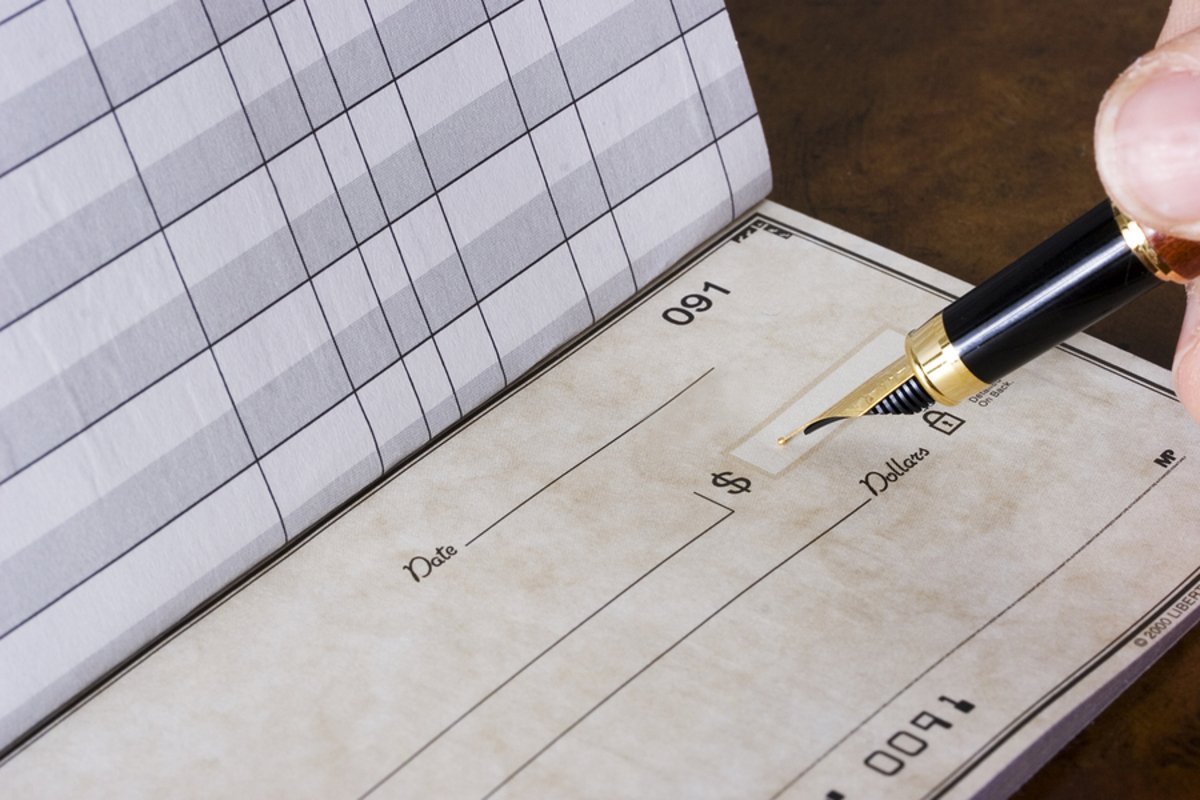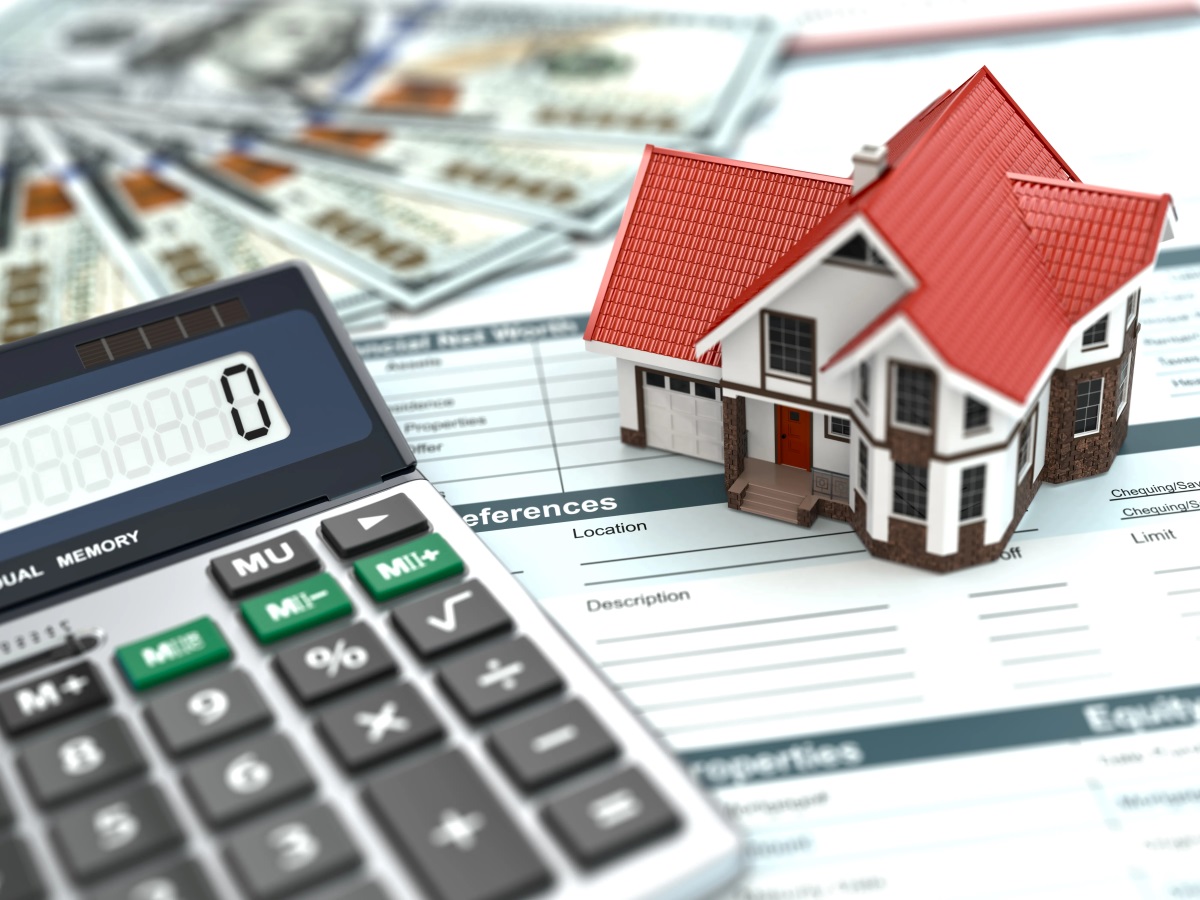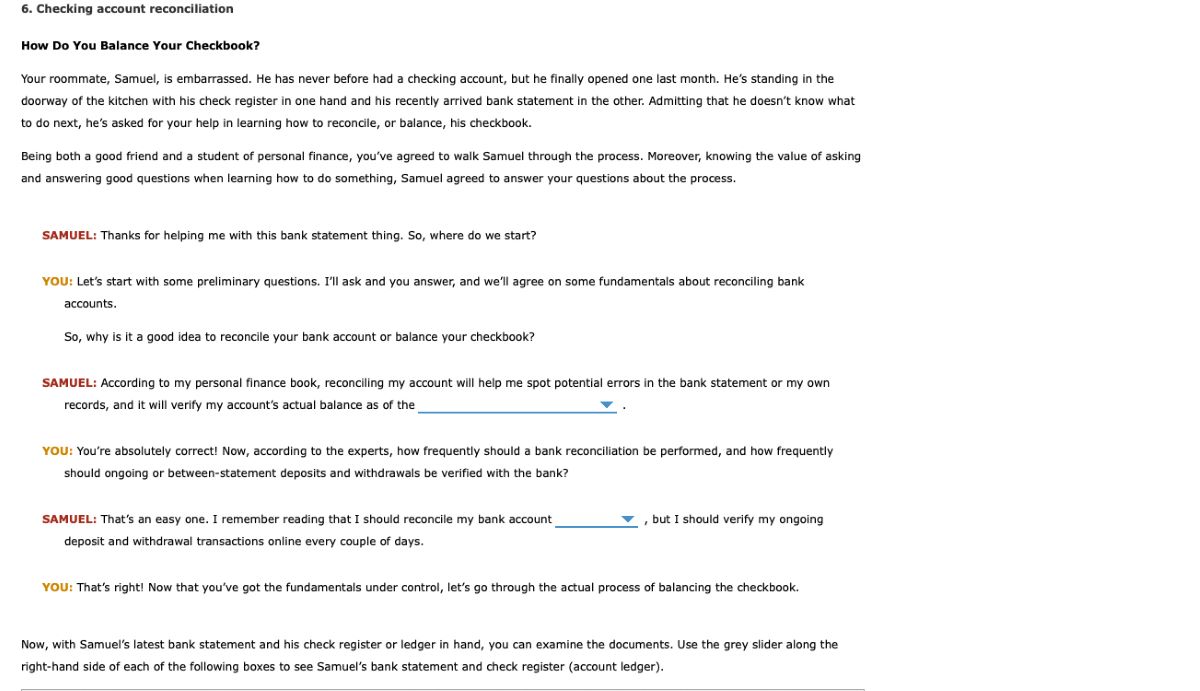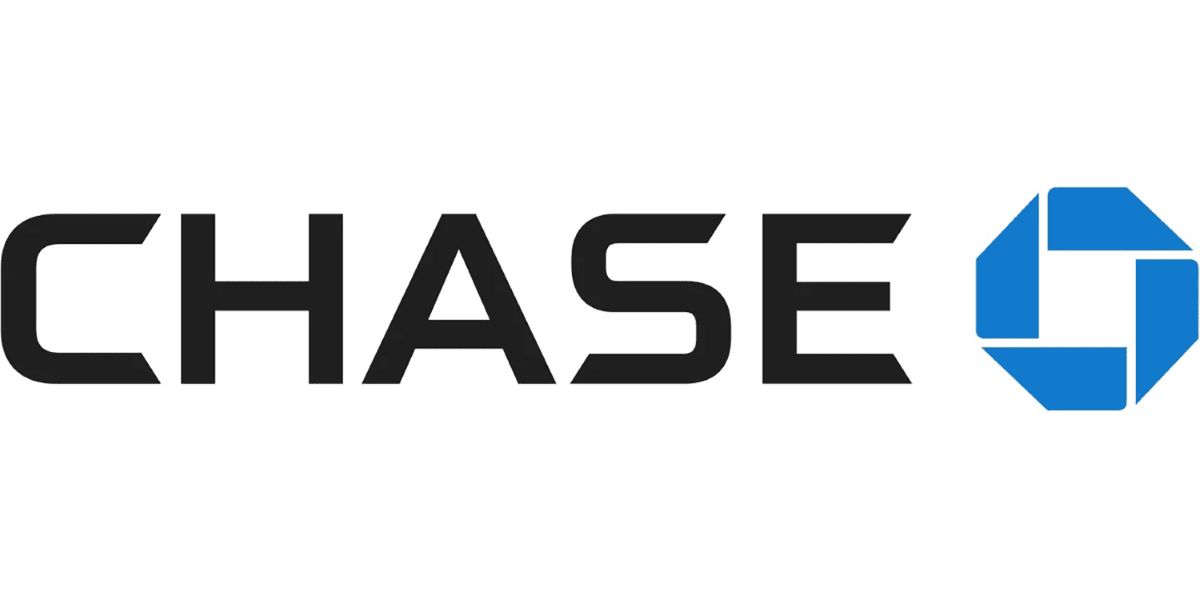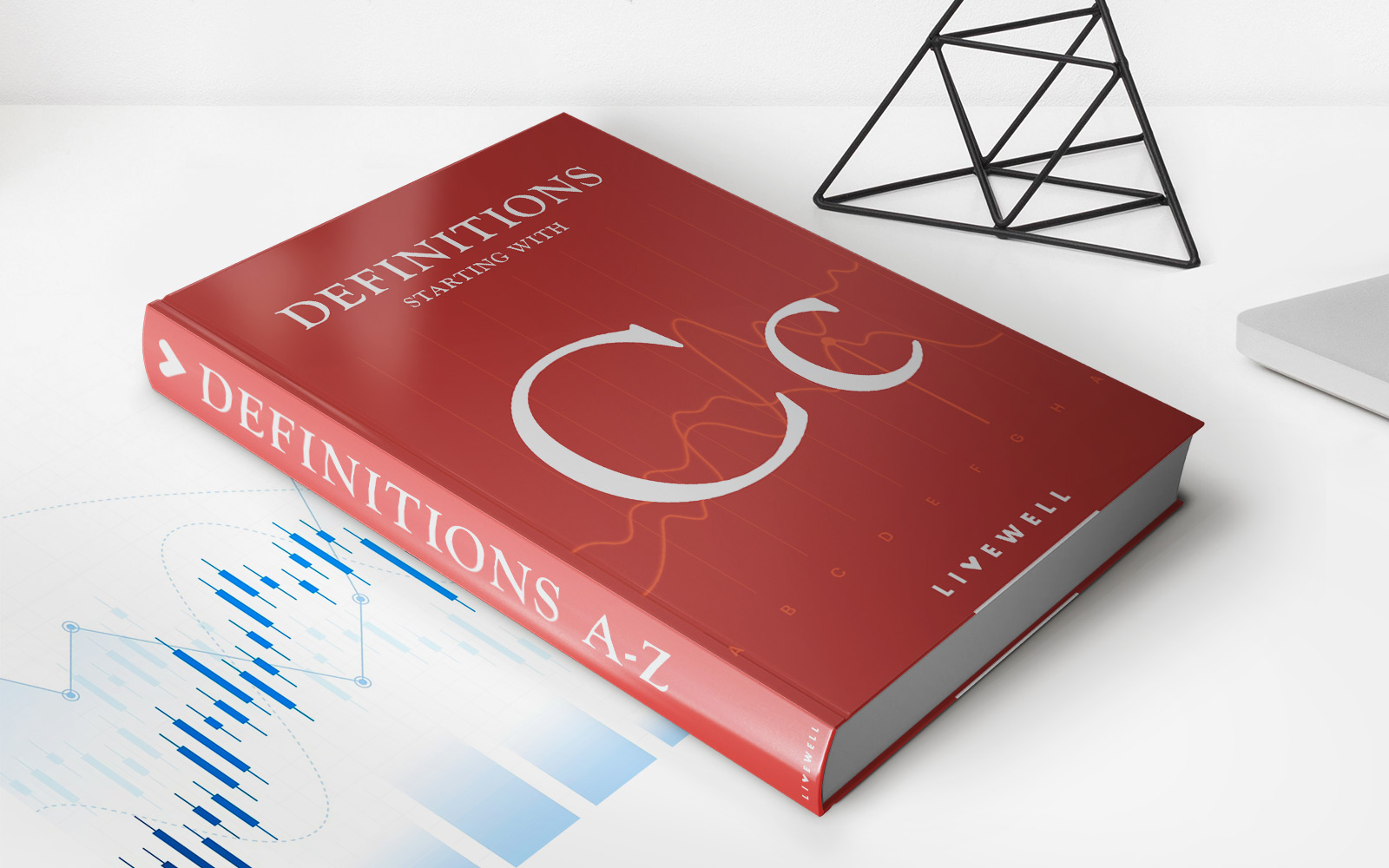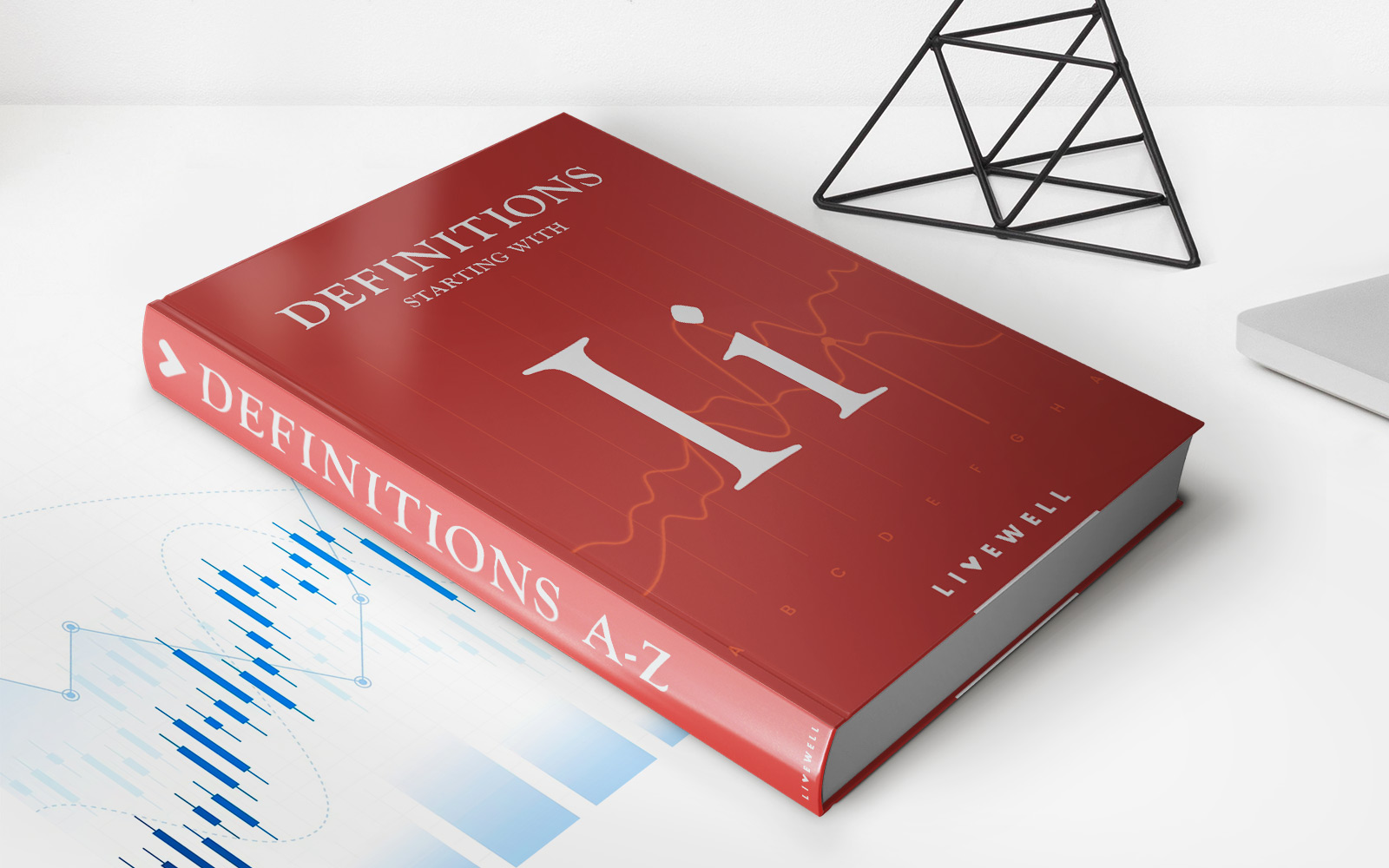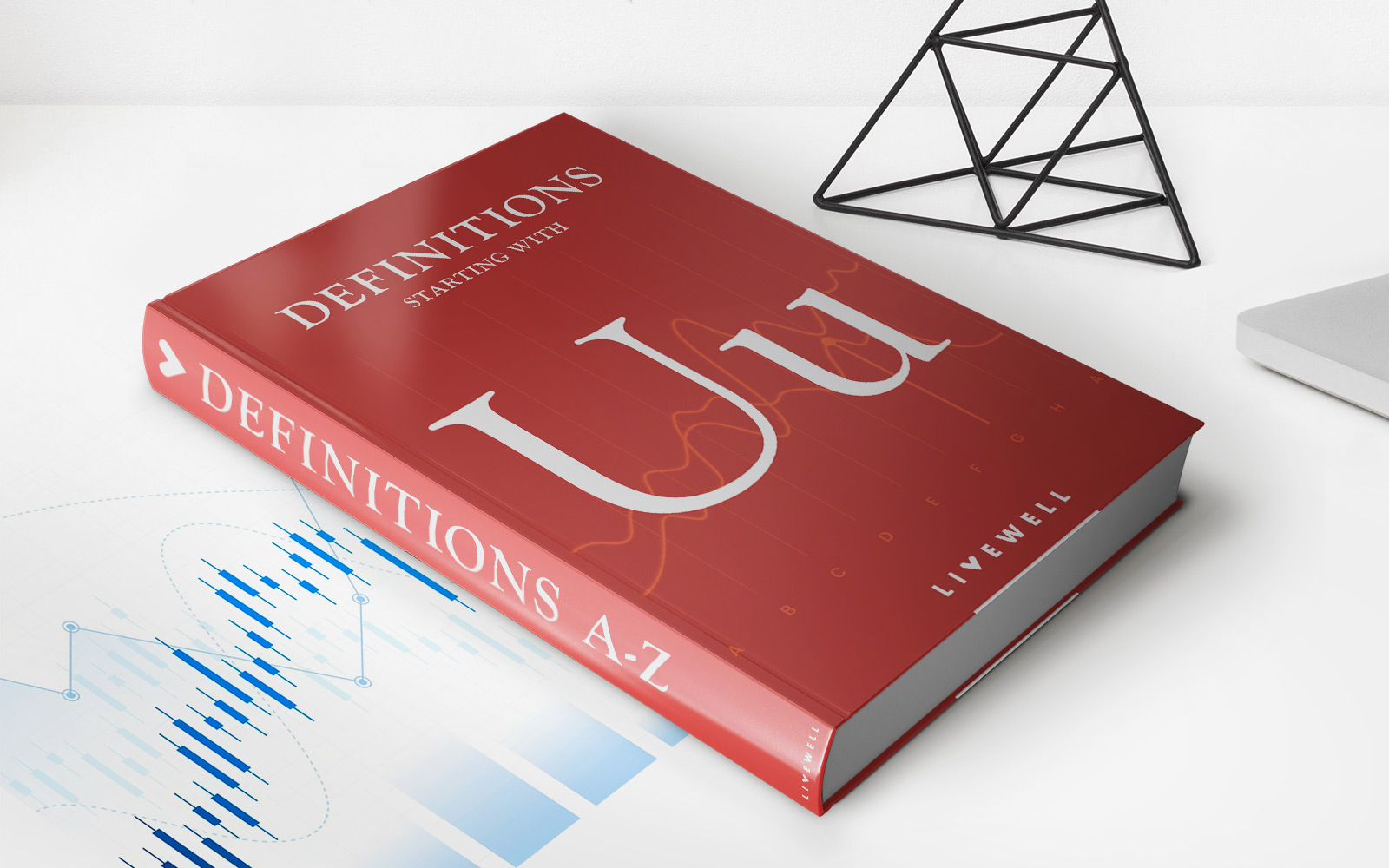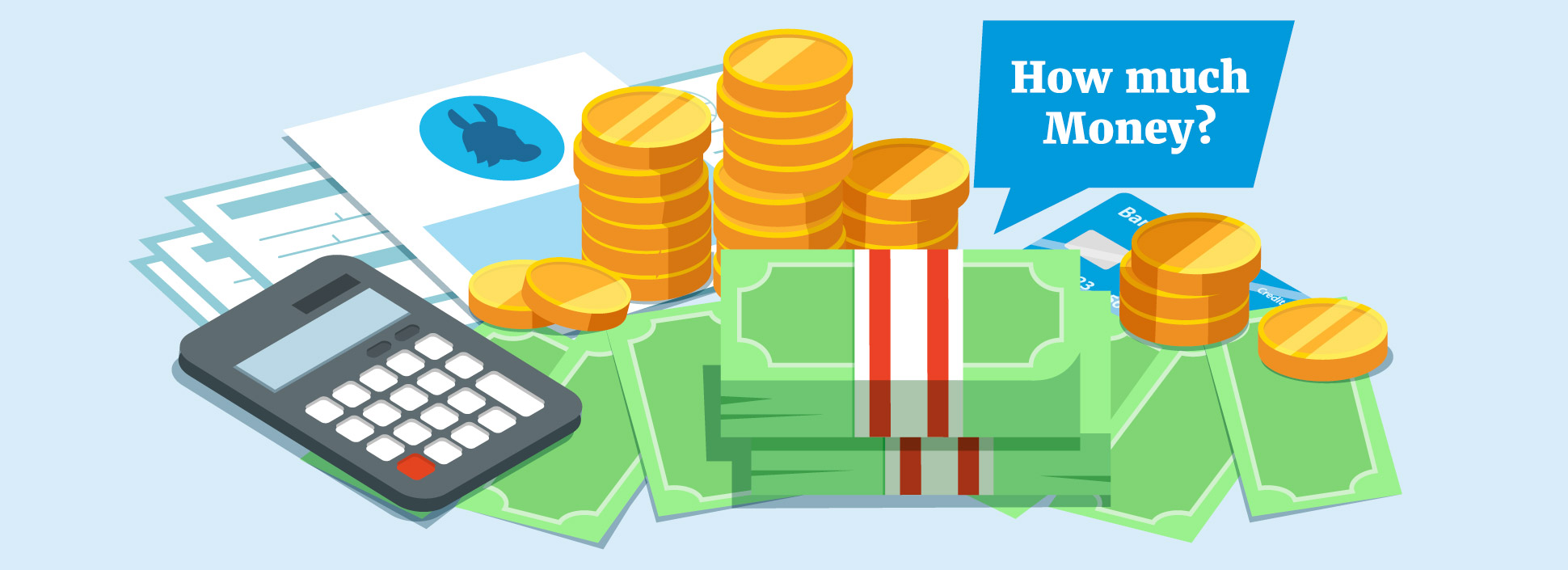

Finance
How Much Should Be In My Checking Account
Published: October 27, 2023
Discover the optimal amount to keep in your checking account and effectively manage your finances. Find out how much you should be saving to maximize your financial stability and growth.
(Many of the links in this article redirect to a specific reviewed product. Your purchase of these products through affiliate links helps to generate commission for LiveWell, at no extra cost. Learn more)
Table of Contents
Introduction
When it comes to managing personal finances, one crucial aspect is determining how much money should be in your checking account. The checking account is the hub where you deposit your income and make day-to-day expenses. It’s important to strike the right balance between having enough funds for daily needs and ensuring your money is working efficiently for you.
While there is no one-size-fits-all answer to how much should be in your checking account, there are several factors to consider to help you make an informed decision. By understanding these factors and finding the right balance, you can optimize your financial wellbeing and achieve your goals.
In this article, we will explore the key considerations when deciding how much money to keep in your checking account. From living expenses and financial goals to emergency funds and income fluctuations, we’ll discuss the various factors that can impact the optimal amount for you.
Managing your checking account effectively plays a significant role in your overall financial health. It helps you avoid overdraft fees, ensures you have enough money for daily expenses, and allows you to allocate funds towards savings and investments. Let’s dive into the details and find out just how much money should be in your checking account.
Factors to Consider
When determining how much should be in your checking account, it’s important to consider various factors that can influence your financial situation. Here are some key factors to keep in mind:
- Living Expenses: The first factor to consider is your monthly living expenses. This includes rent/mortgage payments, utility bills, groceries, transportation costs, and any other regular expenses. Take a close look at your spending patterns and calculate an average amount needed to cover these expenses each month.
- Financial Goals: Your financial goals also play a significant role in determining the ideal checking account balance. If you have short-term goals like saving for a vacation or purchasing a new gadget, you’ll need to set aside funds accordingly. Additionally, if you have long-term goals like saving for a down payment on a house or retirement, you may want to allocate more money towards other accounts or investments.
- Emergency Fund: An emergency fund is crucial for unexpected expenses like medical bills or car repairs. It acts as a safety net, providing you with financial security during challenging times. It’s generally recommended to have three to six months’ worth of living expenses in your emergency fund. Consider keeping a portion of this fund in your checking account for easy access.
- Income and Cash Flow: Your income and cash flow patterns can influence the amount of money you should keep in your checking account. If you have a steady income and consistent cash flow, you may need a smaller buffer in your checking account. However, if your income is variable or irregular, having a larger balance in your checking account can help you manage fluctuations and unexpected expenses.
- Banking Fees: Be mindful of any banking fees associated with your checking account. Some banks charge monthly maintenance fees if your balance falls below a certain threshold. Keeping an adequate balance in your checking account can help you avoid these fees and maximize the use of your funds.
It’s important to note that the optimal checking account balance will vary based on individual circumstances. What works for one person may not work for another. By considering these factors and analyzing your personal financial situation, you can determine the ideal amount that suits your needs.
Living Expenses
One of the primary factors to consider when deciding how much money should be in your checking account is your monthly living expenses. These expenses can vary greatly depending on your lifestyle, location, and personal circumstances. It’s essential to have a clear understanding of your regular expenses to ensure that you have enough funds available in your checking account to cover them.
Start by making a comprehensive list of all your monthly expenses, including rent or mortgage payments, utilities, groceries, transportation costs, insurance premiums, and any other fixed or variable expenses. It’s important to be thorough and accurate in your assessment.
Once you have a complete list of your monthly expenses, calculate the total amount. This will give you an idea of the minimum balance you should have in your checking account to cover these expenses. However, it’s wise to have a buffer above this minimum amount to account for unexpected expenses or fluctuating costs.
Consider any future plans or changes that may impact your living expenses. For example, if you’re thinking of moving to a new city or considering starting a family, your expenses are likely to increase. It’s important to anticipate these changes and adjust your checking account balance accordingly.
Keep in mind that your living expenses may vary from month to month. There may be periods when you have higher expenses due to an upcoming event or a sudden emergency. Having a cushion in your checking account can provide you with peace of mind and financial stability during these times.
Regularly reviewing and reassessing your living expenses is crucial. As your circumstances change, such as getting a raise or paying off a debt, you may have more disposable income or fewer expenses. Take advantage of these changes by adjusting your checking account balance to optimize your financial situation.
Remember, having a clear understanding of your living expenses is essential in determining how much money should be in your checking account. By accurately assessing your needs and having a buffer for unforeseen circumstances, you can ensure that you have enough funds to cover your expenses and maintain financial stability.
Financial Goals
Another crucial factor to consider when determining how much should be in your checking account is your financial goals. Your goals can range from short-term objectives, such as saving for a vacation or a down payment on a car, to long-term aspirations, such as funding your children’s education or retiring comfortably.
When setting financial goals, it’s important to have a clear understanding of the timeline and the amount of money required to achieve them. This will help you determine how much of your checking account balance should be allocated towards these goals.
If you have short-term goals, such as saving for a down payment on a house or purchasing a new vehicle, you may need to have a significant amount of money readily available in your checking account. This ensures that you can access the funds when needed without having to rely on credit cards or loans.
However, if you have long-term goals like retirement or your child’s education, you may want to consider allocating a portion of your checking account balance towards other investment accounts, such as an individual retirement account (IRA) or a 529 college savings plan. By doing so, you can potentially grow your money over time and benefit from compound interest.
It’s important to strike a balance between having enough funds in your checking account for day-to-day expenses and allocating money towards your financial goals. Creating a budget and tracking your expenses can help you prioritize and allocate funds efficiently.
Regularly revisit your financial goals and assess your progress. As you achieve your objectives or your circumstances change, you may need to adjust the balance in your checking account. This flexibility allows you to adapt to your evolving financial journey.
Remember, your financial goals are unique to your situation, and the money you allocated towards them should align with the importance and timeframe of each goal. By taking your financial goals into account, you can determine how much money should be in your checking account and ensure you’re on track to achieve your aspirations.
Emergency Fund
An essential aspect of financial planning is having an emergency fund. An emergency fund is a reserve of money set aside to cover unforeseen expenses or financial emergencies, such as medical bills, car repairs, or sudden job loss. Having an adequate emergency fund can provide you with a sense of security and stability during challenging times.
When considering how much money should be in your checking account, it’s important to factor in your emergency fund. Financial experts generally recommend having three to six months’ worth of living expenses saved in your emergency fund.
While you may choose to keep a portion of your emergency fund in a separate savings account for higher interest rates or investment purposes, it’s wise to keep a portion of it in your checking account for easy access. This ensures that you can quickly access the funds when needed without any delays or complications.
Having your emergency fund easily accessible in your checking account allows you to handle unexpected expenses without having to rely on credit cards or taking out loans that can lead to debt. It provides you with a financial safety net and peace of mind.
Keep in mind that the appropriate amount for your emergency fund will depend on various factors, such as your personal circumstances, job stability, and the cost of living in your area. If you have a variable income or work in an industry with a higher risk of job loss, you may want to have a larger emergency fund.
Regularly assess the status of your emergency fund and ensure that it remains adequately funded. If you ever need to use funds from your emergency fund, make it a priority to replenish those funds as soon as possible.
Remember, unexpected expenses and emergencies can occur at any time. By having an appropriate emergency fund and keeping a portion of it in your checking account, you can handle financial emergencies with confidence and maintain your overall financial well-being.
Income and Cash Flow
When determining how much should be in your checking account, it’s essential to consider your income and cash flow patterns. Your income and cash inflows play a significant role in determining the optimal balance in your checking account.
If you have a stable and consistent income, you may not need to maintain a large balance in your checking account. You can allocate a smaller amount for day-to-day expenses and cover the rest with savings or investment accounts. However, if your income is variable or irregular, such as if you are self-employed or work on commission, it’s advisable to have a larger balance to manage fluctuations and unexpected expenses.
Understanding your cash flow is crucial. Take note of your income sources, the timing of those income streams, and any regular expenses that need to be covered. By mapping out your cash flow, you can determine the ideal balance in your checking account to ensure that you have enough funds to cover your expenses and avoid any cash shortages.
It’s important to track your spending patterns and cash outflows as well. This will help you identify any trends or areas where you may need to adjust your budget or increase your checking account balance. By closely monitoring your income and cash flow, you can make informed decisions about how much money should be in your checking account.
Another consideration is your ability to save and invest. If you have surplus income after covering your expenses, you may want to allocate a portion towards savings or investments. This may reduce the amount you need to keep in your checking account for daily expenses since you have other funds set aside for future needs or goals.
Regularly reassess your income and cash flow to ensure that the balance in your checking account aligns with your financial situation. As your income changes or expenses fluctuate, adjust your checking account balance accordingly to optimize your financial management.
Remember, your income and cash flow patterns directly impact the balance you should maintain in your checking account. By understanding and managing your cash flow effectively, you can ensure that you have enough funds to cover your expenses and meet your financial goals.
Banking Fees
When deciding how much money should be in your checking account, it’s important to consider any banking fees associated with your account. Some banks charge monthly maintenance fees if your account balance falls below a certain threshold. These fees can eat into your overall finances and reduce the effectiveness of your checking account.
Before determining the balance in your checking account, take the time to understand the fee structure of your bank. Review the terms and conditions to identify any minimum balance requirements or monthly maintenance fees associated with your account.
If your bank charges a monthly maintenance fee for balances below a certain amount, ensure that you have enough funds in your checking account to avoid these fees. This may mean maintaining a higher balance than you originally anticipated, but it can save you money in the long run.
Consider the frequency of transactions and any additional charges your bank may impose. Some banks have limits on the number of free transactions you can make per month, while others may charge fees for certain types of transactions. Be aware of these limitations and factor them into your decision-making process.
It’s also important to stay informed about any changes in your bank’s fee structure or policies. Banks may adjust their fees from time to time, and it’s crucial to be aware of these changes and plan accordingly.
By keeping a sufficient balance in your checking account to avoid fees, you can maximize the benefits of your account and ensure that your money is working for you.
Regularly review your banking statements and account activity to assess any potential fees or charges. This proactive approach allows you to identify any fee-related issues and take appropriate action.
Remember, being mindful of banking fees is an important part of managing your checking account. By understanding the fee structure of your bank and maintaining an adequate balance, you can optimize the functionality of your account and avoid unnecessary charges.
Balancing Access and Security
When determining how much money should be in your checking account, it’s crucial to strike a balance between accessibility and security. Your checking account serves as the hub for your day-to-day financial transactions, and you need to have enough funds readily available for your needs while ensuring the security of your money.
On one hand, having a higher balance in your checking account can provide you with the convenience of easy access to your funds. It allows you to make regular payments, cover expenses, and manage your financial obligations without worrying about insufficient funds.
On the other hand, keeping a significant amount of money in your checking account can increase the risk of loss or theft. While banks provide security measures to protect your funds, it’s wise to be cautious and avoid unnecessarily exposing large sums of money.
One approach to find the right balance between access and security is to maintain a cushion in your checking account. This cushion should be enough to cover your regular expenses and provide a buffer for unexpected costs, but not an excessive amount that could put your funds at greater risk.
Consider utilizing other financial instruments, such as savings accounts or certificates of deposit (CDs), where you can earn interest on your money while still being able to access it when needed. By diversifying your accounts, you can allocate funds based on their specific purpose and optimize both accessibility and security.
Regularly monitor your checking account balance and transactions to ensure that it aligns with your needs. By regularly reviewing your financial situation, you can make informed decisions about how much money to keep in your checking account and adjust it as necessary.
Remember, finding the right balance between accessibility and security is crucial when determining the ideal balance for your checking account. By being mindful of both aspects, you can have peace of mind in managing your finances while protecting your hard-earned money.
Automating Savings
Automating savings is a powerful strategy to help you reach your financial goals and build wealth over time. By setting up automatic transfers from your checking account to a savings or investment account, you can ensure consistent savings without having to actively remember to do it.
When deciding how much money should be in your checking account, consider the amount that you want to automate for savings. This can be a fixed dollar amount or a percentage of your income. By automating savings, you prioritize putting money aside for future needs and avoid the temptation to spend it on immediate wants.
Automatic savings transfers can be scheduled to coincide with your paydays. This way, the money is transferred into your savings or investment account the moment you receive your income, making it easier to save consistently.
Having a portion of your income automatically directed to savings can help you build an emergency fund, save for a down payment on a house, or contribute to retirement accounts. It’s an effective way to grow your wealth over time and achieve your financial goals.
Regularly review your savings goals and adjust the amount you automate as needed. As your financial situation changes or as you achieve milestones, you may want to increase the amount you save or allocate savings to different goals.
Remember, automating savings not only helps you consistently save money, but it also helps you remove the temptation to spend those funds impulsively. By making saving a priority and incorporating it into your financial routine, you can steadily build wealth and ensure a secure financial future.
Monitoring and Reevaluating Account Balance
Once you have determined how much money should be in your checking account, it’s important to regularly monitor and reevaluate your account balance. Financial circumstances can change, and it’s essential to ensure that your checking account balance remains optimal for your needs.
One of the key reasons for monitoring your account balance is to avoid overdrafts. By keeping an eye on your balance, you can ensure that you have enough funds available to cover your expenses and avoid costly overdraft fees.
Regularly review your banking statements and transaction history to ensure that all charges are accurate. This helps you identify any unauthorized transactions or errors promptly. It’s also a good habit to reconcile your account against your personal records to ensure that everything aligns correctly.
In addition to monitoring your account, take the time to reevaluate your checking account balance periodically. As your financial situation evolves, you may find that you need to adjust the amount of money you keep in your checking account.
Consider any changes in your income, living expenses, or financial goals. If you have experienced an increase or decrease in your income, you may need to adjust your checking account balance accordingly to align with your new financial realities.
Similarly, if your living expenses have changed, whether due to a move, new financial obligations, or changes in spending habits, you may need to reassess how much money should be in your checking account to ensure you can cover your expenses.
Regularly reevaluating your checking account balance also allows you to make adjustments to your savings and investment strategies. If you find that you consistently have excess funds in your checking account, you may want to consider allocating more to savings or investment accounts to help your money grow.
Remember, your financial situation is dynamic, and your checking account balance should reflect that. By monitoring your account balance and regularly reevaluating it, you can make informed decisions and ensure that you are optimizing your financial resources.
Conclusion
Determining the appropriate balance for your checking account is a crucial aspect of personal finance management. By carefully considering factors such as living expenses, financial goals, emergency funds, income and cash flow, banking fees, and balancing access and security, you can determine the right amount of money to keep in your checking account.
Understanding your living expenses and financial goals helps you allocate sufficient funds for daily expenses while setting aside money for future needs or aspirations. Building an emergency fund provides financial security during unexpected situations, and automating savings ensures consistent progress towards your goals.
Monitoring and reevaluating your checking account balance on a regular basis allows you to make necessary adjustments as your financial circumstances change. By staying vigilant and proactive, you can avoid overdrafts and unnecessary fees while optimizing your financial resources.
Remember, there is no one-size-fits-all answer to the question of how much money should be in your checking account. It varies based on individual circumstances, goals, and financial priorities. Assessing your unique situation and finding the right balance between accessibility and security is key.
Regular financial check-ins and periodic assessments will help you align your checking account balance with your current needs and goals. By optimizing your checking account balance, you can effectively manage your finances, achieve financial stability, and work towards a prosperous future.


